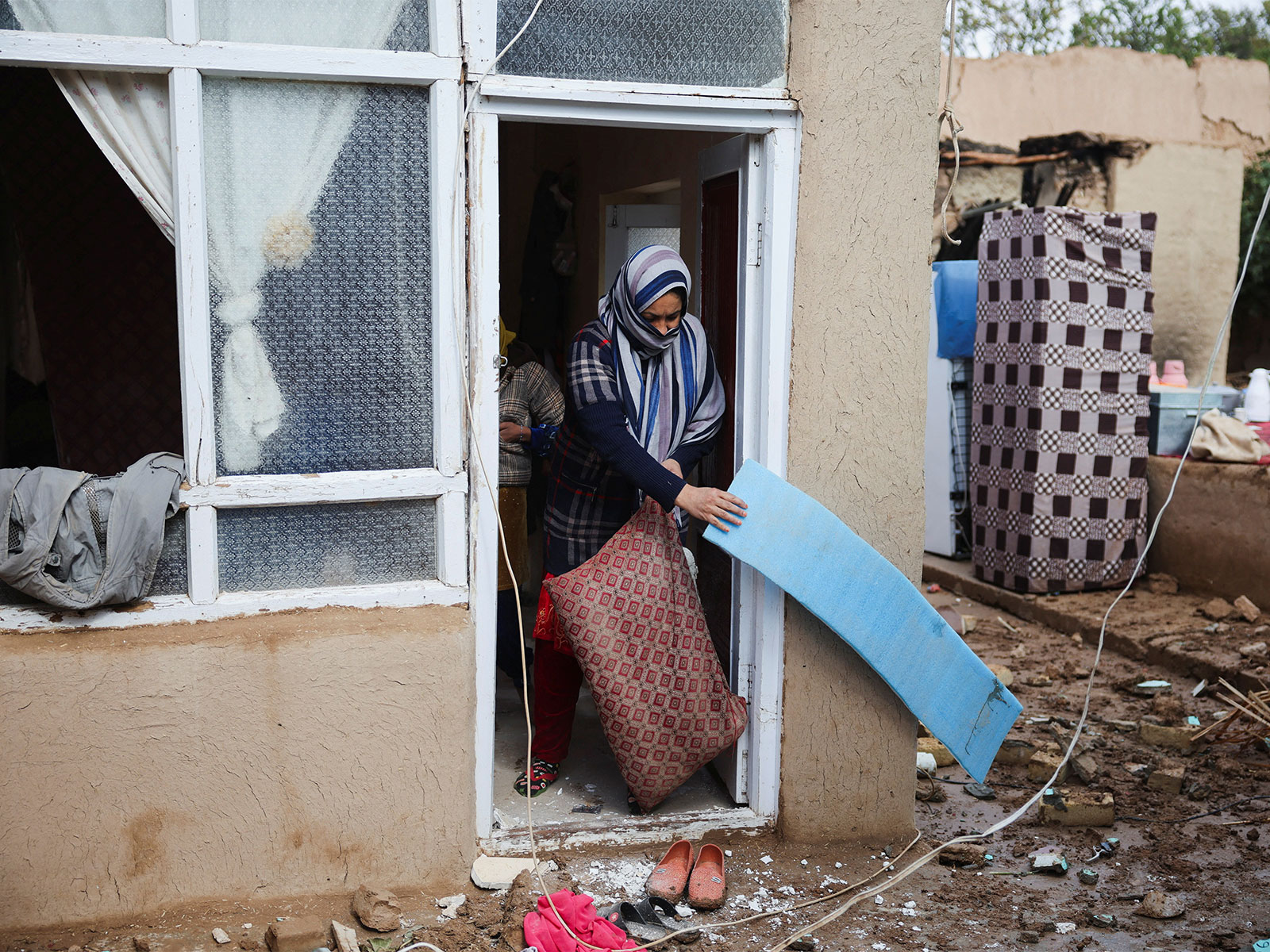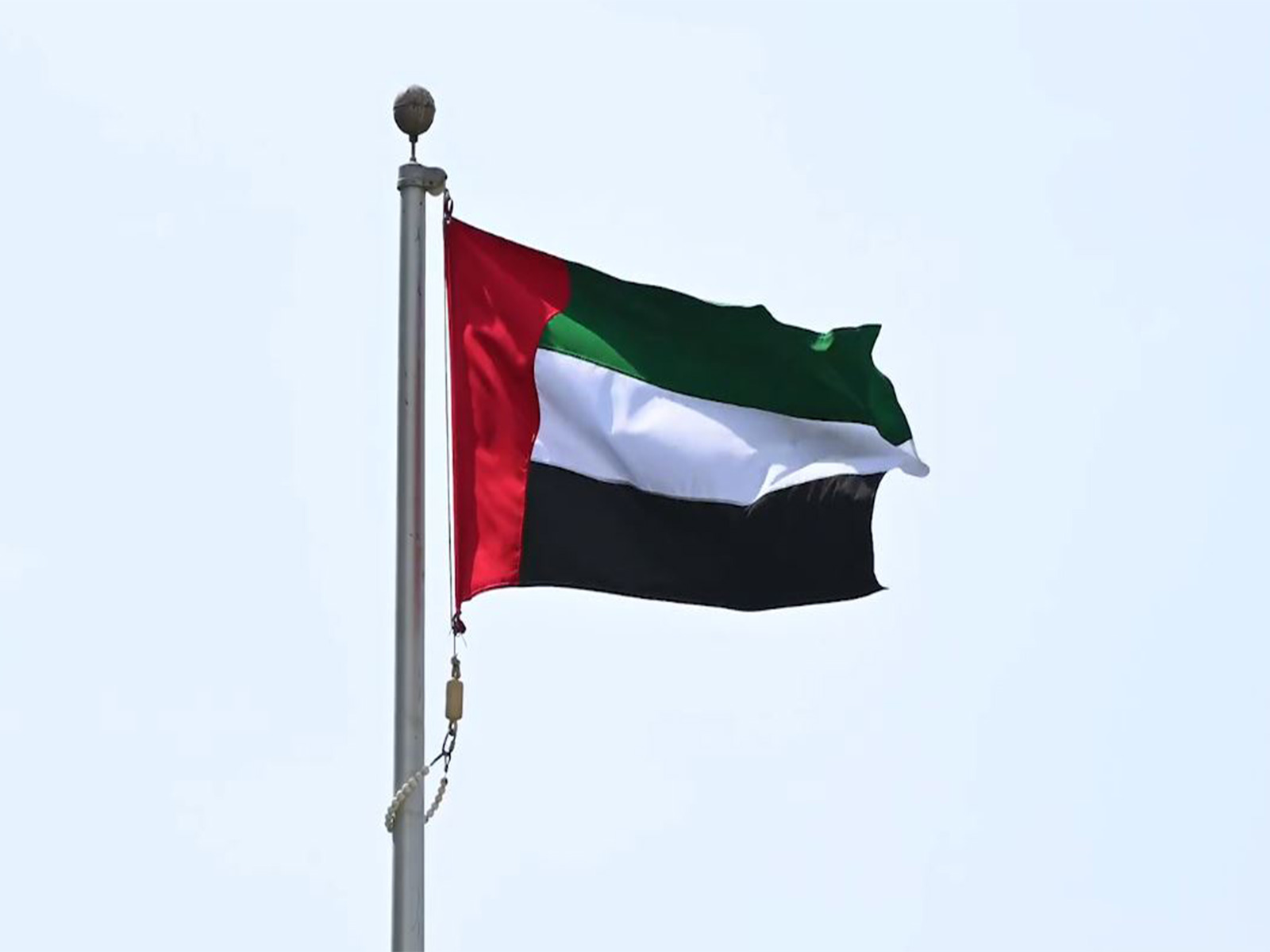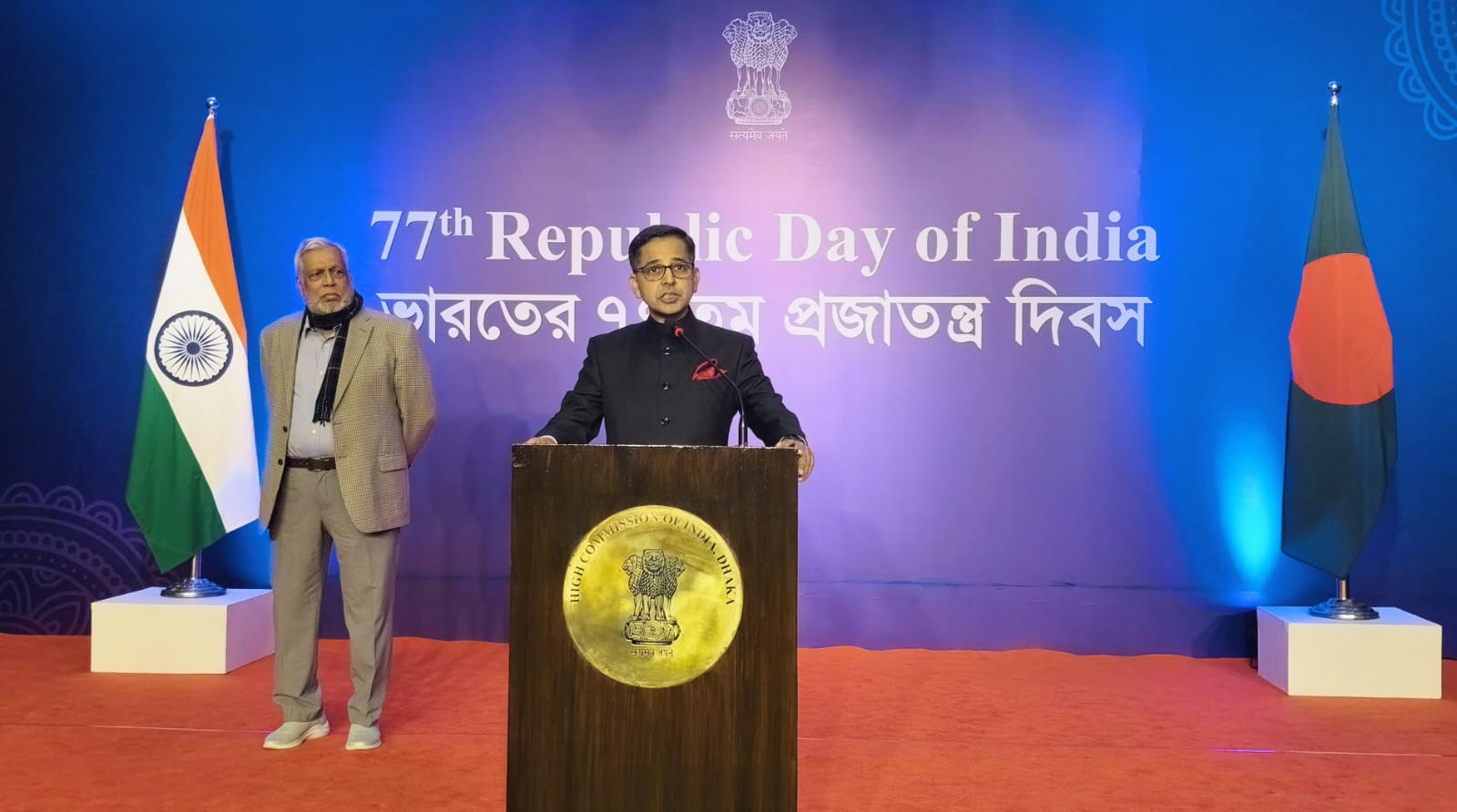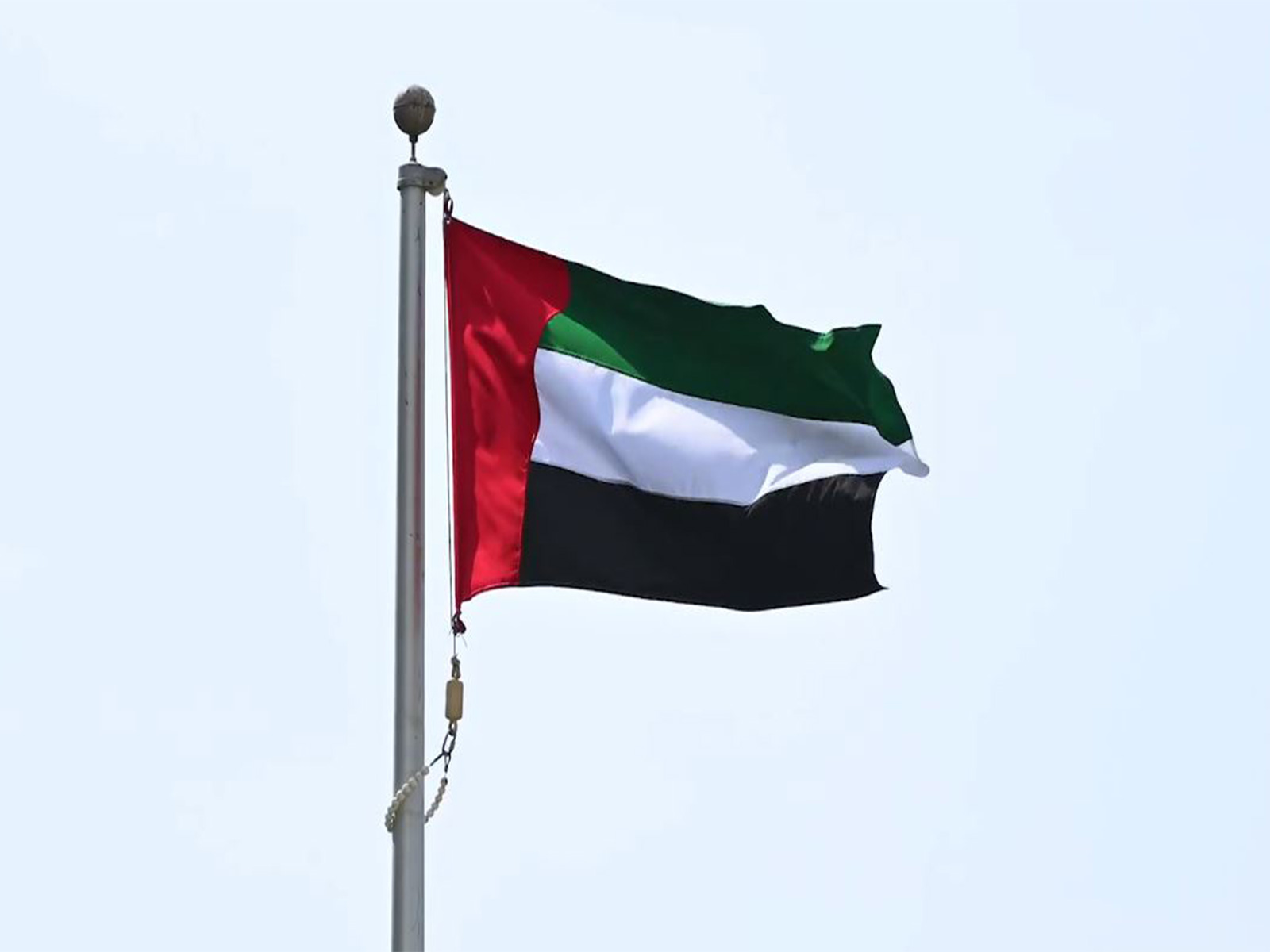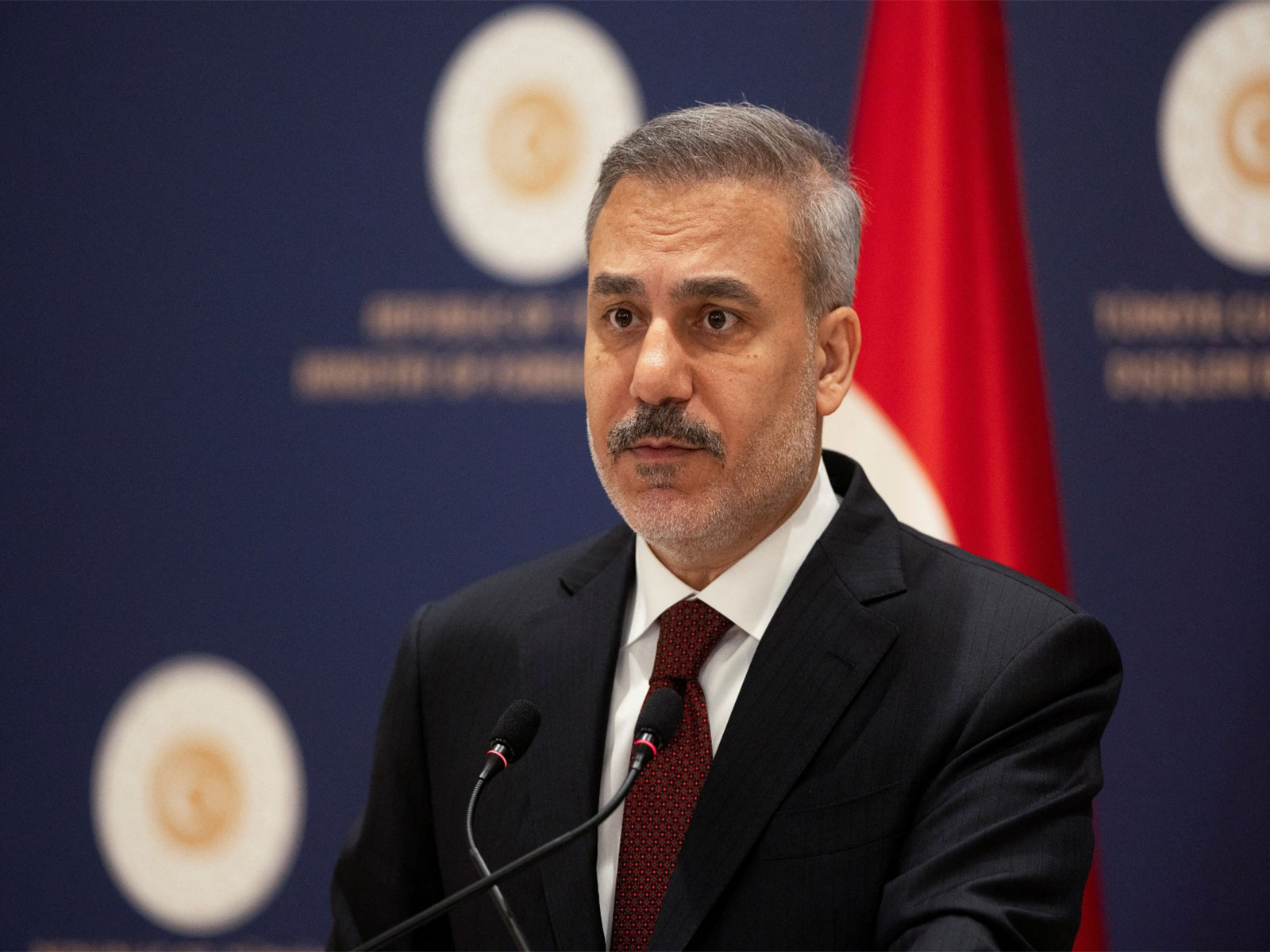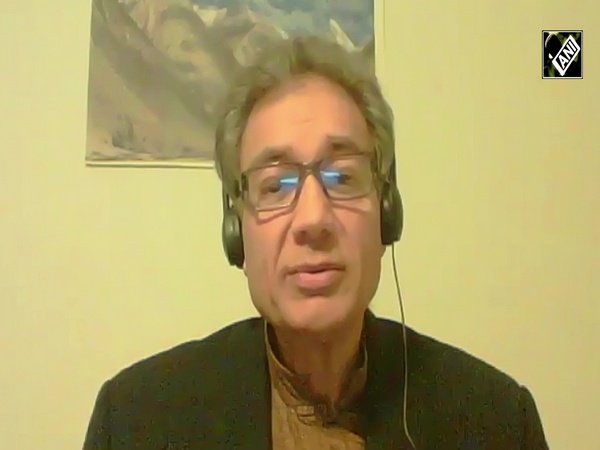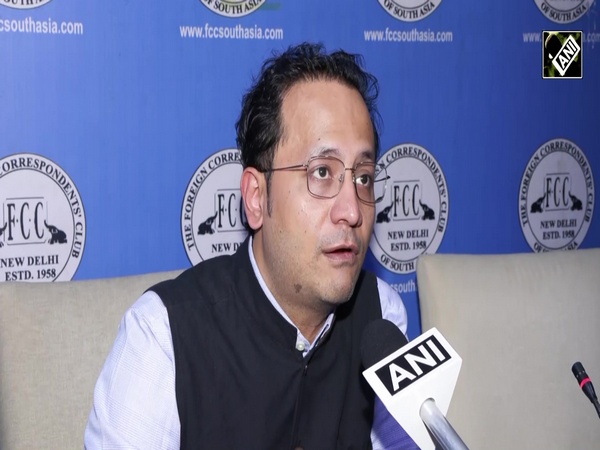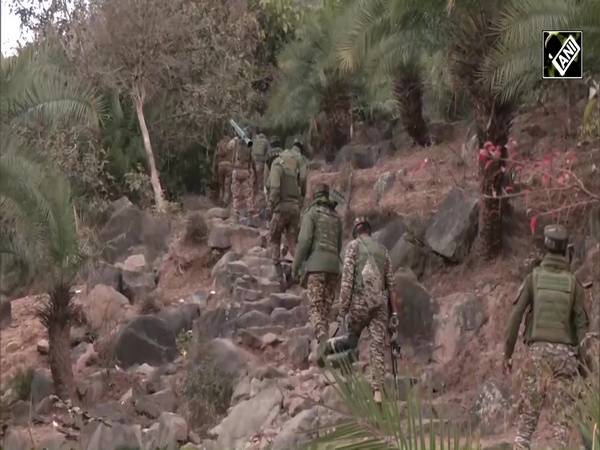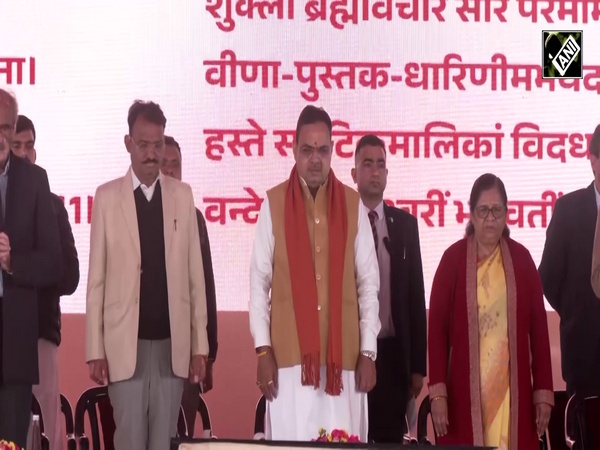
"More or less known since May": Austrian analyst on IAF's S-400 defence system that shot down Pak aircrafts in Operation Sindoor
Aug 12, 2025
Vienna [Austria] August 12 : Tom Cooper, a well-known Austrian military analyst and historian specialising in combat aviation and conflict analysis hailed the Indian Air Force's (IAF) downing of five Pakistani jets during Operation Sindoor as a "major tactical, operational, and strategic achievement," calling it a confirmation of something already widely assessed by May this year.
In an exclusive interview with ANI, Cooper said, "Well, what is this in terms of revelation? It is a confirmation of something more or less known since May."
This comes after the Indian Air Force (IAF) chief, Air Chief Marshal AP Singh, confirmed that India shot down five Pakistani aircraft during Operation Sindoor, a decisive response to the deadly Pahalgam terror attack on April 23 that killed 26 tourists.
The IAF took down five fighter jets and one large aircraft, believed to be either an ELINT (Electronic Intelligence) or AEW&C (Airborne Early Warning and Control) aircraft, at a distance of approximately 300 kilometres.
"We have seen evidence of not only five, but even more Pakistani aircraft being shot down. We have also seen evidence for even more Pakistani aircraft being destroyed on the ground. But there was no official confirmation from the Indian Air Force, not even from the government of India (in May, during the ongoing Operation Sindoor). Therefore, this is a nice confirmation for something that was assessed already back in May," Cooper told ANI.
It took the Indian side three months to confirm the downing of the Pakistani planes due to the thorough verification process, which involved multi-layered validation, including radar data, AWACS inputs, and satellite imagery.
Cooper described the strike, conducted using the S-400 surface-to-air missile system, as the longest-range confirmed kill of its kind, at over 300 kilometres.
He noted that the IAF deployed the system so close to the Pakistan border that it was within range of Pakistani artillery, making it a "risky operation" that could have led to the missile battery being targeted.
The IAF launched Operation Sindoor in early May, targeting key Pakistani military installations, including the F-16 hangar at Shahbaz Jacobabad airfield, which was partly destroyed. The operation showcased the effectiveness of India's S-400 air defence system, described by the IAF chief as a "game-changer" in deterring enemy aircraft.
"This is a significant fact because we have seen Indian Air Force deploying its, in this case, S-400 surface to air missile system very close to the border to Pakistan, so close that it was actually firing missiles from within the range of Pakistani army's artillery, which meant if it would stay, its presence of the firing unit in question would have been detected by Pakistanis too early, Pakistanis could have shelled the area in question, hit and destroyed this firing unit. So it was quite a risky operation, actually, " Cooper said.
According to Cooper, the target was likely a Saab 2000 airborne early warning aircraft, a "highly important" asset directing Pakistan Air Force operations against India. The Saab 2000 Erieye AEW&C is an airborne early warning and control (AEW&C) aircraft used by the Pakistan Air Force (PAF).
"It is the longest range confirmed shoot-down by a surface-to-air missile. This is a historic achievement," he said, adding that it was the second instance in modern peer-to-peer conflict where such an aircraft had been destroyed by a SAM, after Ukraine downed a Russian A-50 AWACS last year.
He stressed that the Saab 2000 was "much more advanced" than the older Russian A-50s, equipped with stronger electronic countermeasures, and that its loss would have been a "painful blow" to Pakistan, depriving it of highly trained personnel and forcing the air force to operate "conservatively and extremely cautiously" in the days following.
The intensity of the 80- to 90-hour conflict forced Pakistan to seek talks, with the two countries engaging in direct dialogue between their Directors General of Military Operations, leading to a ceasefire.
Cooper also criticised Washington's approach to Pakistan, saying the United States had a 'memory of a fish' regarding Islamabad's role in terrorism and proliferation.
"The US knows that Pakistan is running a jihad import-export business," he added, dismissing the diplomatic courtesies between the two as "sweet talking for making Trump feel better."
"The USA, just like all the rest, remembers the fish in regards to Pakistan's involvement in terrorism and Pakistan's involvement in distributing, so to speak, reselling nuclear-related technology to many rogue nations around the world. And again, this is just, you know, sweet talking, sweet talking from Pakistan for the purpose of making Trump feel better. And the other way around, you know, there is the US know that Pakistan is running a jihad import export business."
He also said that the US is aware of Pakistan's terror-related activities and they are still ignoring this.
"They know that Pakistan is neck deep involved in organising training, literally exporting jihadists anywhere from Nigeria to the Philippines. And yet they're ignoring this. And Pakistan is an ally, the most important non-NATO ally in this part of the world, Cooper further added.

